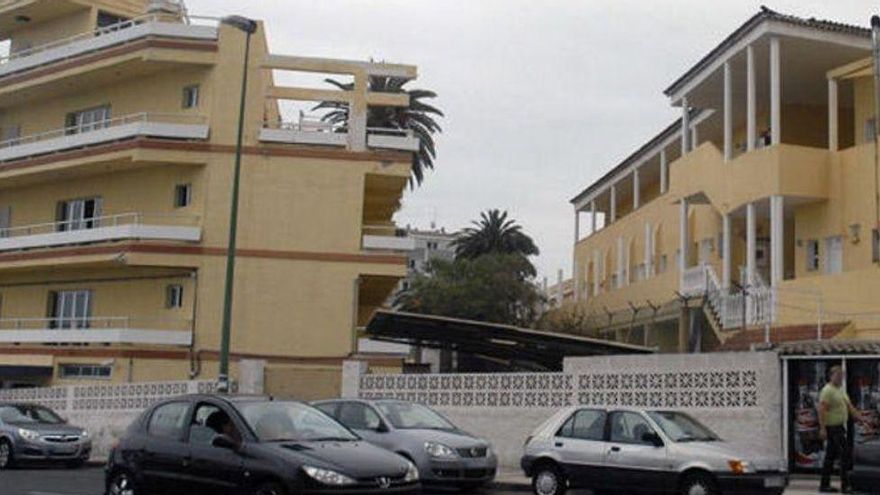
A judge allows a mother to enjoy maternity and paternity leave. The Contentious-Administrative Court number 1 of Santa Cruz de Tenerife recognizes an agent National Police destined in the Puerto de la Cruz-Los Realejos Police Station the right to accumulate paternity and maternity leaves for being a single-parent family in order to care for their daughter.
The aforementioned official raised the request to add such permits to the commissioner of said police center, who denied such a possibility in a resolution on June 8. The agent filed an appeal, which was also denied on July 6, 2021. And, given this circumstance, he decided to file a contentious-administrative appeal.
In the judgment, the judicial authority admits that, from a literal point of view, article 49 of the revised text of the Law on the Basic Statute of Public Employees does not contemplate the intended possibility of extending her maternity leave by twelve more weeks given her status as a single-parent family . However, the judge affirms that “the legal analysis with a gender perspective is imposed in its constitutional dimension of the right to equality”, as well as attending to the “principle of primacy of the best interests of the minor and the protection of the family (article 39.1 and 39.2 of the Spanish Constitution), which impose on the respondent Administration and this judge the obligation to ensure the social, economic and legal protection of the family”.
In the aforementioned judicial resolution, it is recalled that the Convention on the Rights of the Child provides that the states party (of the United Nations Organization) shall respect the rights set forth in these regulations, without any distinction based on the condition of the child, their parents or their legal representatives, and all measures must be taken so that the child is protected against any form of discrimination or punishment due to the condition, activities, expressed opinions or beliefs of their parents, guardians or relatives.
The sentence also mentions part of the content of the Charter of Fundamental Rights of the European Union: “Minors have the right to the protection and care necessary for their well-being”, as well as that “in all acts related to minors carried out by public authorities or private institutions, the best interests of the minor constitute a paramount consideration”.
In addition, the judicial authority also includes Organic Law 8/2015, of July 22, on the modification of the protection system for children and adolescents, which provides that all minors have the right to have their best interests valued and considered paramount. in all actions and decisions that concern him, both in the public and private spheres, and institutions, whether public or private, courts, tribunals and legislative bodies, are obliged to do so.
The aforementioned Law also includes the importance of satisfying their basic needs, both material, physical and educational, as well as emotional and affective. In this area, the ruling recalls that said regulations prevent the “care, care and development of the minor, the daughter of a single-parent mother, from suffering a reduction compared to those other minors from bi-parental families who are going to receive a different period of care and attention. direct from their parents, being rejectable the discrimination of the minor due to their own condition or due to the marital status or situation of their mother”.
In addition, in the grounds of law put forward by the judge, it is included that, according to the Articles 3 and 4 of Organic Law 3/2007 of March 22 for effective equality, “the principle of equal treatment between women and men presupposes the absence of any discrimination, direct or indirect, based on sex and, especially, those derived from maternity, the assumption of family obligations and marital status ”, so that equal treatment and opportunities between women and men is an informing principle of the legal system, and, as such, it will be integrated and observed in the interpretation and application of legal norms”.
Based on these arguments and a ruling issued by the Superior Court of Justice of the Basque Country in October 2020, the Contentious-Administrative Court number 1 of Santa Cruz de Tenerife decided to fully uphold the appeal filed and annul the contested resolution. , recognizing the claims contained in the lawsuit.
However, the judge clarifies that this ruling is not final and an appeal will be filed against it within thirty days.















